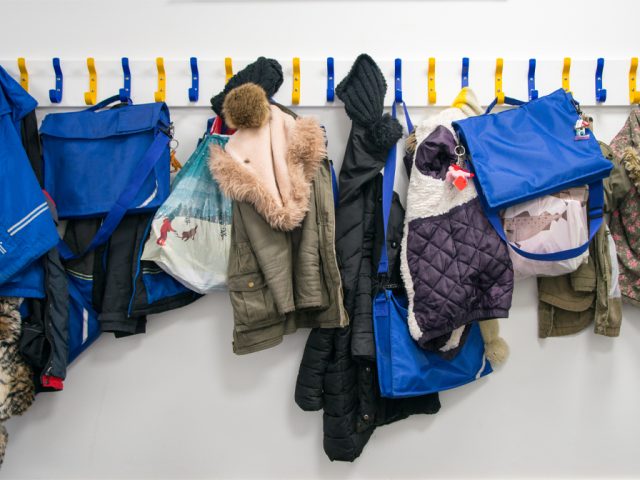Discover how Luton’s community adapts to road closures and infrastructure upgrades, turning short-term disruption into long-term sustainability and resilience. Learn more now!
The predicted collapse of Bedford's private schools following the imposition of a 20% VAT on school fees, as proposed by an incoming Labour government, has not materialised, according to recent reports. This article explores the concerns, debates, and current standings of private and state educational institutions in Bedford in the wake of potential VAT changes.

Concern Over VAT Imposition
Labour's manifesto promises to raise £1.5 billion by applying VAT and business rates to private schools, which are currently exempt. The money generated from this policy would fund 6,500 expert teachers, enhance headteacher training, and create 3,300 nurseries in primary schools to improve childcare availability.
However, opposition candidates have argued that this could adversely affect state school admissions, triggering a significant influx of students from private to public schools, thus straining resources. This concern was notably raised during a council executive meeting on June 19, where Mayor Tom Wootton (Conservative) questioned Councillor Jane Walker (Conservative) about the matter.
Investigations and Findings
Cllr Walker has instructed council officers to determine if late admissions have increased, revealing that Bedford Borough has "very, very limited places in our secondary schools." However, the Bedford Independent discovered WhatsApp messages indicating that some private school parents may be registering their children for state schools without actual plans to transfer them, potentially skewing statistics.
A local state primary school source confirmed that their admissions for the 2024/25 year remain unaffected. Similarly, a spokesperson for the Harpur Trust, overseeing several private schools in Bedford, noted that it is too early to assess the impact of proposed legislative changes fully.
Reactions and Strategies
Daniel Kebede, general secretary of the National Education Union (NEU), emphasised that the NEU would defend teachers and support staff against any negative employer responses to Labour's VAT policy with sustained strike action.
Bedford Greenacre Independent School acknowledged the Labour Party's plan as a "concern" but stated that they are exploring creative financial solutions to mitigate any adverse effects. The school underscored its commitment to maintaining affordable fees while ensuring high-quality teaching and learning standards.
Broader Context: Rising School Fees
The Institute of Fiscal Studies (IFS) reported a 20% real-terms increase in average private school fees since 2010 and a 55% rise since 2003. Despite these increases, the proportion of UK pupils attending private schools has remained relatively stable at around 6–7% over the past two decades.
The IFS suggests that any reduction in demand for private schooling due to post-tax fee increases would not significantly impact the additional tax revenue raised, as decreased VAT from school fees would likely be offset by increased VAT from other goods and services.
Future Developments
Plans for a new secondary school in Bedford, set to open in 2027 and managed by Advantage Schools, provide some relief. The Department for Education (DfE) approved the school, which will add 750 state school places, aiding Bedford Borough Council in meeting growing demand.
Stuart Lock, chief executive of Advantage Schools, indicated ongoing monthly meetings with the DfE and Bedford Borough Council to ensure the school opens as scheduled. This expansion aligns with the need for sufficient school places amid potential changes in private school demographics.
Conclusion and Political Stance
A Labour Party spokesperson reiterated the party's position that removing VAT tax exemptions from private schools is a necessary measure to fund essential resources for the state sector. They argue that despite rising school fees over the past decade, there has been little impact on pupil attendance, and schools can choose how to handle cost adjustments.
In summary, while initial fears of a post-election "collapse" of private schools in Bedford have proven unfounded, the situation remains dynamic, with ongoing strategies and debates shaping the future landscape of education in the region.
